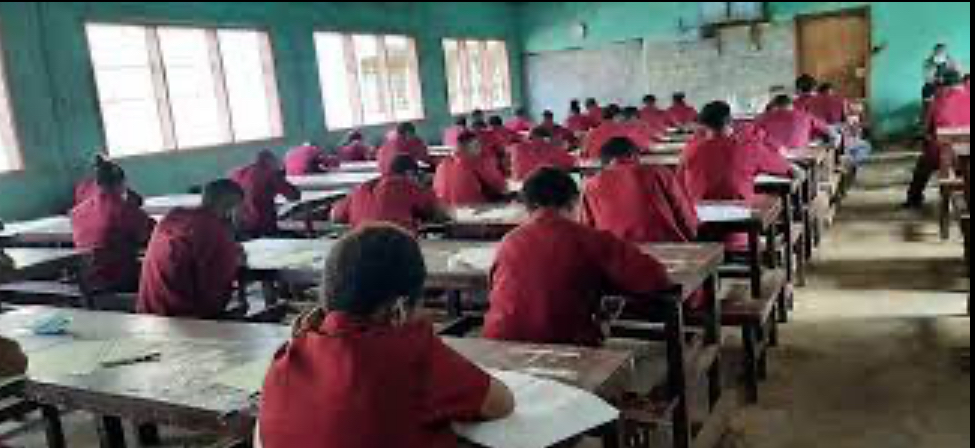While students in the National Capital District (NCD) and many provinces in the country are preparing for the end of year examinations, others are facing uncertainty in their academic future due to negative factors beyond their control.
Recently in this year there have been numerous instances of natural and social disasters that have affected academic routines.
In a recent press conference led by the Secretary of Education Dr. Uke Kombra, he addressed the different situations of tribal fights, law and order and natural disasters; and explained the policies and arrangements governing such circumstances.
“According to national policy, any student from a school that been closed for more than six weeks of classes is not allowed to sit for exams.”
“Students from schools closed for less than five weeks can be moved to another school to sit for exams there. But if a school has been affected, closed or suspended for 30 days (six weeks of classes) and the students have not received any form of instruction or teaching. That school would be disqualified to sit for exams.
“The same policy applies to an individual student who misses out on six weeks of classes.”
“In the case of a school situated within a tribal fighting zone and the school is closed, these policies would also apply. The Provincial Education Board will then determine whether the schools will stay open, or the students have to be transferred to another school. That can happen the following year.”
Dr. Kombra also added that individuals responsible for instances tribal fighting are not only destroying their communities but also their own lives and futures.

